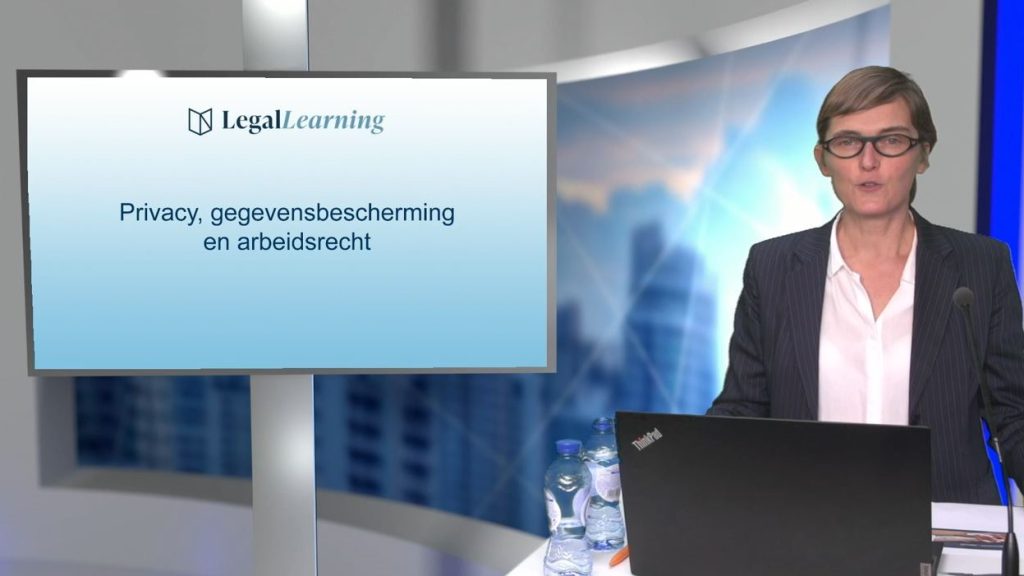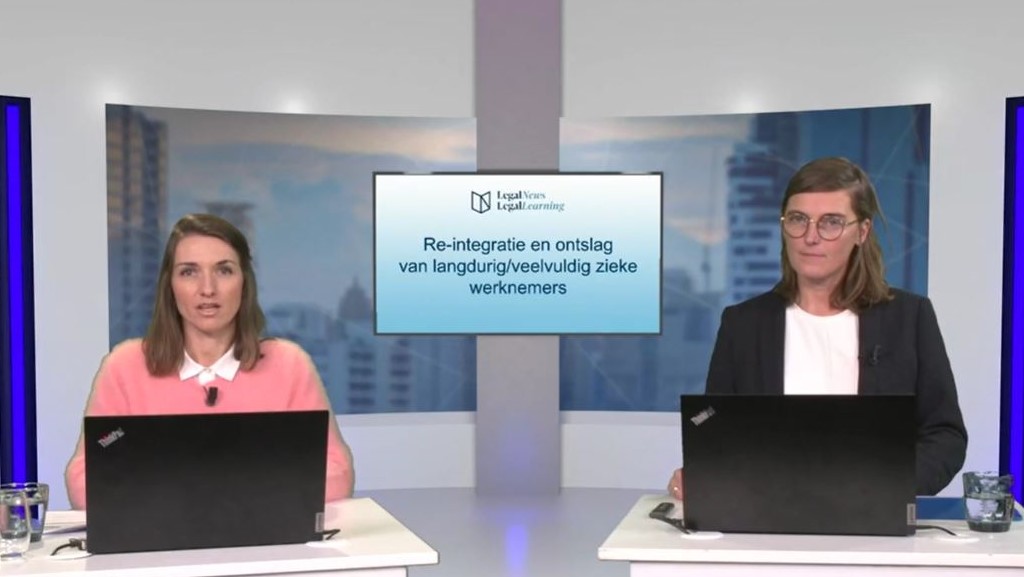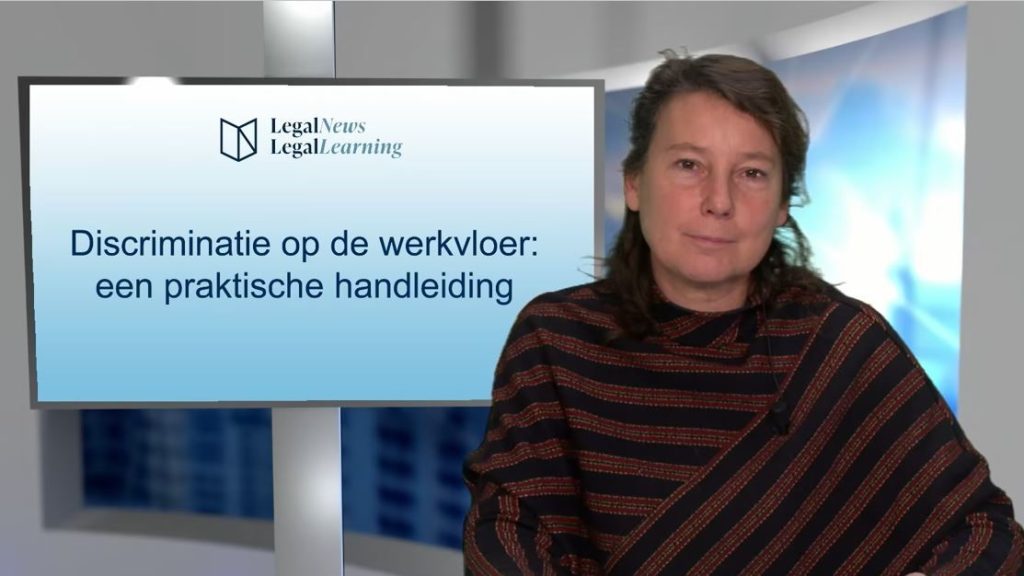HR-aspecten bij M&A transacties
Mr. Nele Van Kerrebroeck (Linklaters)
Webinar op donderdag 16 mei 2024
Vakantiedagen en het arbeidsrecht
Mr. Kato Aerts en mr. Sarah Witvrouw (Lydian)
Webinar op dinsdag 11 juni 2024
Intellectuele eigendomsrechten in de onderneming:
wie is eigenaar van door werknemers en dienstverleners ontwikkelde creaties?
Dr. Nele Somers (ARTES) en mr. Veerle Scheys (Mploy)
Webinar op dinsdag 23 april 2024
Tewerkstelling van buitenlandse werknemers:
nakende ingrijpende wijzigingen
Mr. Sophie Maes en mr. Simon Albers (Claeys & Engels)
Webinar op donderdag 25 april 2024
Het nieuwe Boek 6:
de impact op de werkvloer
Mr. Chris Persyn (Cautius)
Webinar op donderdag 4 juli 2024
The impact of Brexit on your mobile workforce – a Belgian perspective (PwC Legal)
Authors: Bart Elias, Pascale Moreau and Nadja De Bie (PwC Legal)
Publication date: 04/11/2019
Last week, the EU27 complied with the UK’s request for a Brexit “flextension” until 31 January 2020. Although PM Johnson was able to get a majority vote on his new Brexit deal two weeks ago, the MPs rejected PM Johnson’s timetable that would have seen parliament consider the European Union Withdrawal Agreement Bill in only 3 days. This rejection in turn resulted in the UK (even if reluctantly) requesting another Brexit extension.
As a result of last week’s political developments in the UK, an orderly withdrawal of the UK from the EU currently seems the most likely scenario. On the other hand, a no-deal Brexit scenario – with the UK leaving the EU without a withdrawal agreement – cannot be fully ruled out at this point in time. In this newsletter, we’ll recall the draft EU withdrawal agreement’s provisions on immigration and social security and – although a no-deal scenario currently seems less likely – we’ll briefly touch upon the consequences of a no-deal Brexit and the Belgian contingency measures in this respect.
The UK leaves the EU with a withdrawal agreement
If the UK parliament approves the European Union Withdrawal Agreement Bill, the UK will leave the EU in an orderly fashion, i.e. with a deal. This deal states, among other things, that freedom of movement of people and workers will be fully guaranteed during a transitional period that will end on 31 December 2020.
Withdrawal agreement – immigration
The fact that the free movement of people is guaranteed means that – during the transitional period – EU27 nationals can freely move to the UK to live and work, and vice versa. In addition, the withdrawal agreement safeguards residency status beyond the transitional period for individuals who exercised their freedom to move before the end of 2020. As such, EU nationals residing in the UK on 31 December 2020 will be able to remain in the UK – and work there – after the transitional period. The same principle will apply for UK nationals residing in one of the EU27 member states on 31 December 2020.
However, EU27 nationals who would like to start to reside and/or work in the UK after the transitional period will be considered third country nationals, and vice versa. It’s currently unclear what immigration formalities will apply at that point in time.
Withdrawal agreement – social security
During the transitional period, the social security position of mobile workers in the relation between the EU27 and the UK – e.g. employees seconded from an EU27 member state to the UK, or employees residing in the UK and working in one or more EU27 member states – will continue to be governed by Regulations 883/2004 and 987/2009.
In addition, employees who were mobile prior to 31 December 2020 will benefit from the aggregation of periods of insurance before and after the transitional period, and employees who find themselves in a mobile work pattern on 31 December 2020 will even continue to be covered by Regulations 883/2004 and 987/2009 after that date, as long as their employment situation remains unchanged.
Employees who only start an international employment involving the UK and one or several EU27 member states after the end of the transitional period will not be covered by Regulations 883/2004 and 987/2009 but will rather be covered by a possible multilateral social security agreement between the UK and the EU27 or – if no such multilateral agreement would be negotiated in the future – by the bilateral social security treaties existing (or to be negotiated) between the UK and the respective EU27 member states.
The UK leaves the EU without a withdrawal agreement
A no-deal Brexit would make the UK a third country overnight, which would not only result in significant economic turmoil but would also affect UK nationals wishing to come and stay or work in Belgium after Brexit, and vice versa. Although a no-deal Brexit scenario currently doesn’t appear to be the most likely outcome, we’ll briefly outline the no-deal contingency measures that were adopted by the Belgian federal and regional parliaments and which cover mobile workers, for the sake of completeness.
The below Belgian contingency measures will only come into play in the event of a no-deal Brexit and – if effectuated – will remain applicable during a limited transitional period, i.e. from the time of a no-deal Brexit until 31 December 2020.
Belgian contingency measures – immigration
UK nationals and their family members with residence status in Belgium at the time of a no-deal Brexit will continue to be able to reside and work in Belgium during the entire transitional period. UK nationals and their family members who have a pending application for residence status in Belgium at the time of a no-deal Brexit will still be granted residence status – including the right to work – under the same conditions as EU nationals.
UK nationals who wish to come and stay and work in Belgium after a no-deal Brexit will not benefit from the above contingency measures and will be third country nationals, which would in principle trigger a visa and work permit or a single permit obligation. On a regional level, however, the parliaments adopted an exemption from obtaining a work permit or professional card for UK nationals who, during the transitional period, come to Belgium to work for 90 days or less.
Belgian contingency measures – social security
The Belgian Brexit Act states that – during the transitional period – Belgium will unilaterally continue to apply the provisions of Regulations 883/2004 and 987/2009 with respect to the UK. This means that, during this period, e.g. a secondment from the UK to Belgium will still be possible or a Belgian pension can continue to be paid to pensioners living in the UK.
The period until 31 December 2020 will be used to negotiate a new (bilateral) social security treaty between the UK and Belgium.
Quid pro quo
It’s important to point out that these contingency measures are conditional on reciprocity from the UK, meaning that they’re intended to take effect only if the UK adopts similar immigration and social security measures for Belgian nationals wanting to stay or work in the UK after a no-deal Brexit.
Key takeaways
If the UK leaves the EU in an orderly fashion, i.e. after having concluded a withdrawal agreement, the freedom of movement of workers will be guaranteed during a transitional period that will end on 31 December 2020. The residence rights and social security position of UK/EU27 nationals who used their freedom of movement before the end of the transitional period will be safeguarded as much as possible beyond 31 December 2020.
However, if the UK leaves the EU without a deal, it will become a third country overnight, which will have a significant impact on mobile workers. Although the different Belgian legislators have adopted no-deal contingency measures, the relative uncertainty as to the UK approach in the event of a no-deal Brexit and as to whether or not the UK will fully reciprocate these contingency measures unfortunately makes it difficult to clearly assess the impact of a no-deal Brexit scenario.
We are monitoring the situation closely and will keep you informed of any changes. If you have any questions regarding the above or regarding the Brexit process in general, the PwC Legal team is happy to assist.
» Bekijk alle artikels: Arbeid & Sociale zekerheid

















